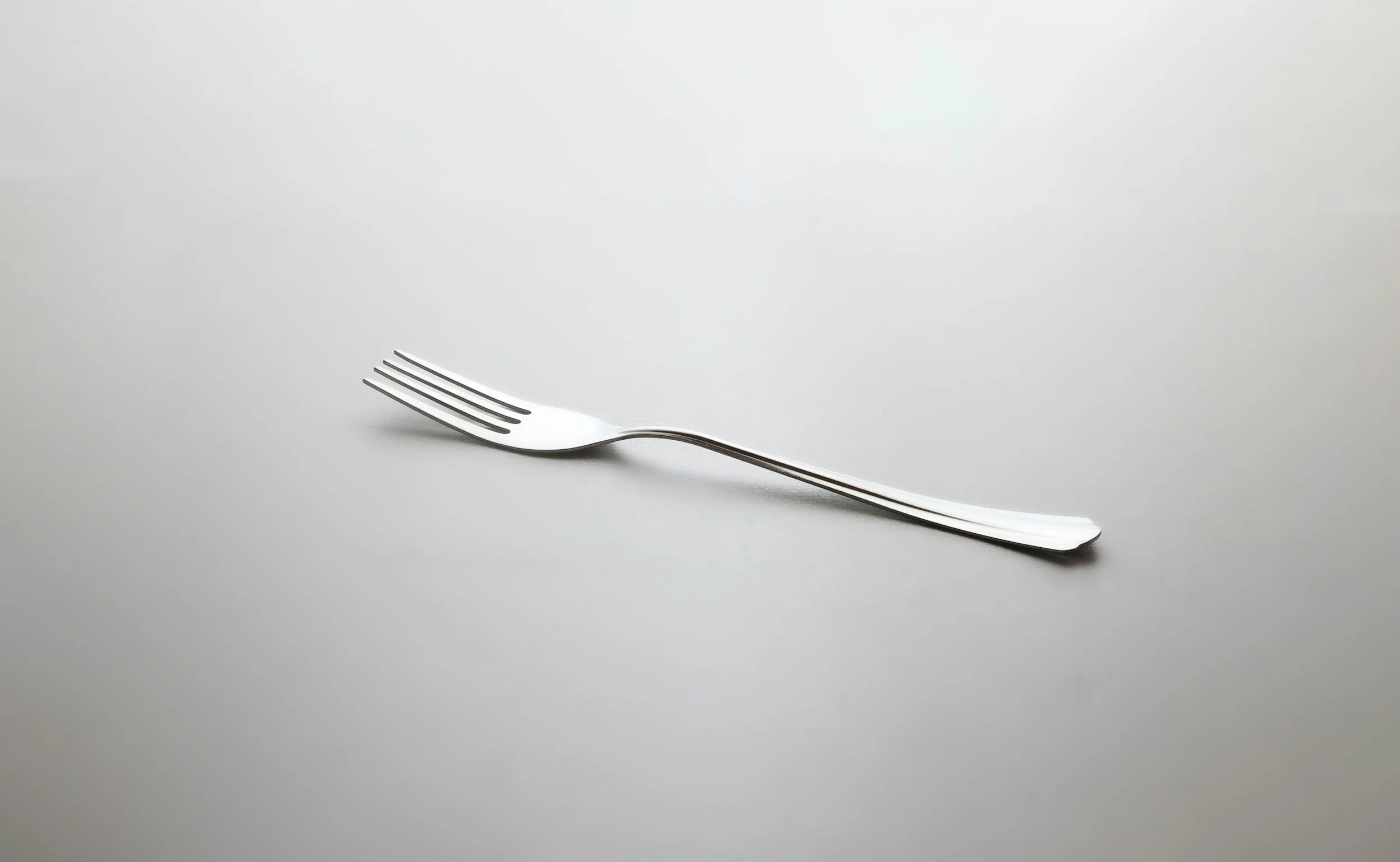
Specialties | disordered eating/body image
You don’t need to wait until things feel “severe” to reach out. Consider connecting if you notice:
Constant worry about food, weight, or body shape
Strict rules about eating or frequent dieting that feels hard to stop
Skipping meals, eating very little, or cutting out entire food groups
Eating large amounts of food in secret or feeling out of control while eating
Trying to “make up” for eating by vomiting, using laxatives, fasting, or exercising excessively
Avoiding mirrors, body-checking often, or feeling intense distress about how you look
Feeling anxious, guilty, or ashamed around meals
Withdrawing from friends, family, or activities because of food or body concerns
Frequent mood changes, irritability, or feeling preoccupied much of the day with eating or weight
Physical changes such as dizziness, fainting, fatigue, hair loss, or changes in your menstrual cycle
Disordered eating is an unhealthy relationship with food, that negatively impacts both the individuals physical and emotional wellbeing. Oftentimes this behavior is accompanied by a distorted view of self-image or body image.
Eating may become restrictive or uncontrolled, leading to potentially harmful health consequences.
Psychological issues are at the root of these behaviors and include; focusing on controlling what or how much to eat, and a preoccupation with your body and appearance.
Disordered eating is an unhealthy relationship with food, that negatively impacts both the individuals physical and emotional wellbeing. Oftentimes this behavior is accompanied by a distorted view of self-image or body image.
Eating may become restrictive or uncontrolled, leading to potentially harmful health consequences.
Psychological issues are at the root of these behaviors and include; focusing on controlling what or how much to eat, and a preoccupation with your body and appearance.


